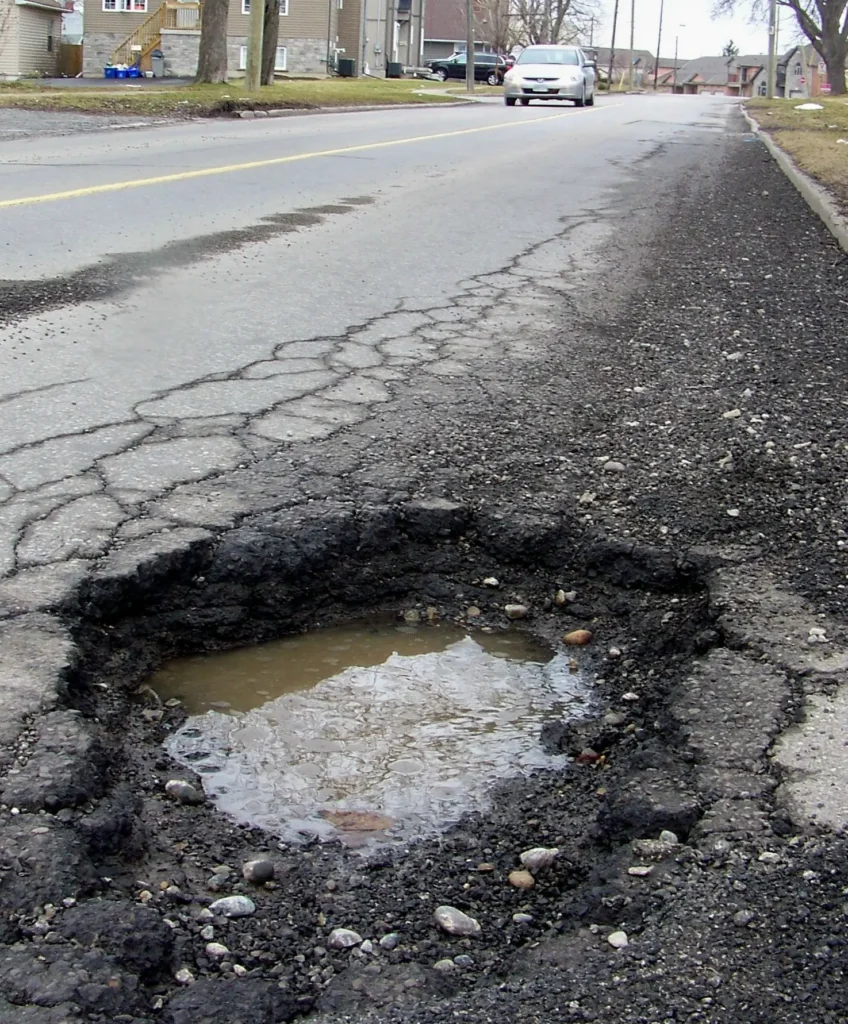Hitting a pothole can definitely be a headache! Here’s what you should do:
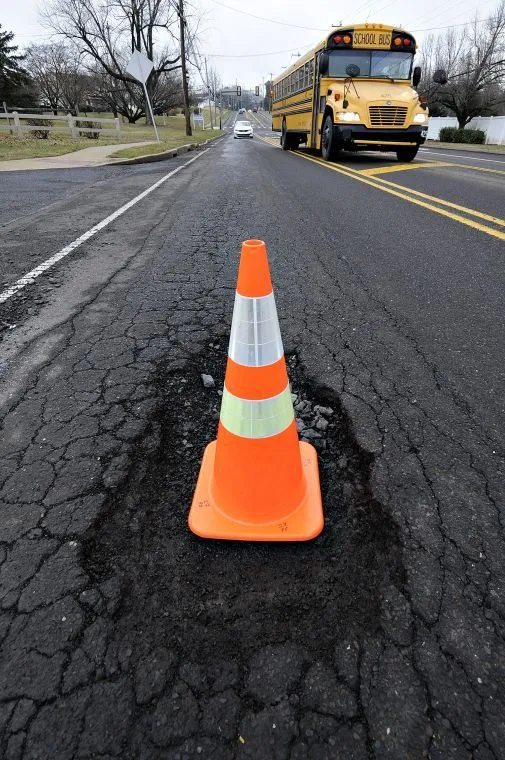
- Stay Calm: Keep your hands firmly on the wheel and avoid slamming on the brakes immediately, as you might lose control.
- Check for Damage: After safely pulling over, inspect your tires and wheels for visible damage like bulges, punctures, or cracks. You should also check your car’s alignment—if it feels off after hitting the pothole, that’s a good indicator that something might be misaligned.
- Check for Fluid Leaks: After hitting a pothole, look under your car for any fluid leaks—this could indicate damage to the undercarriage.
- Test Your Tires: If you’re able to continue driving, listen for any unusual noises or vibrations that weren’t there before. These could be signs of tire or suspension issues.
- Get a Professional Check-Up: Even if there’s no obvious damage, it’s a good idea to have your car inspected by a mechanic, especially the alignment, suspension, and tire pressure.
- Report It (if possible): If the pothole is in a public area, report it to the local authorities to prevent future accidents.
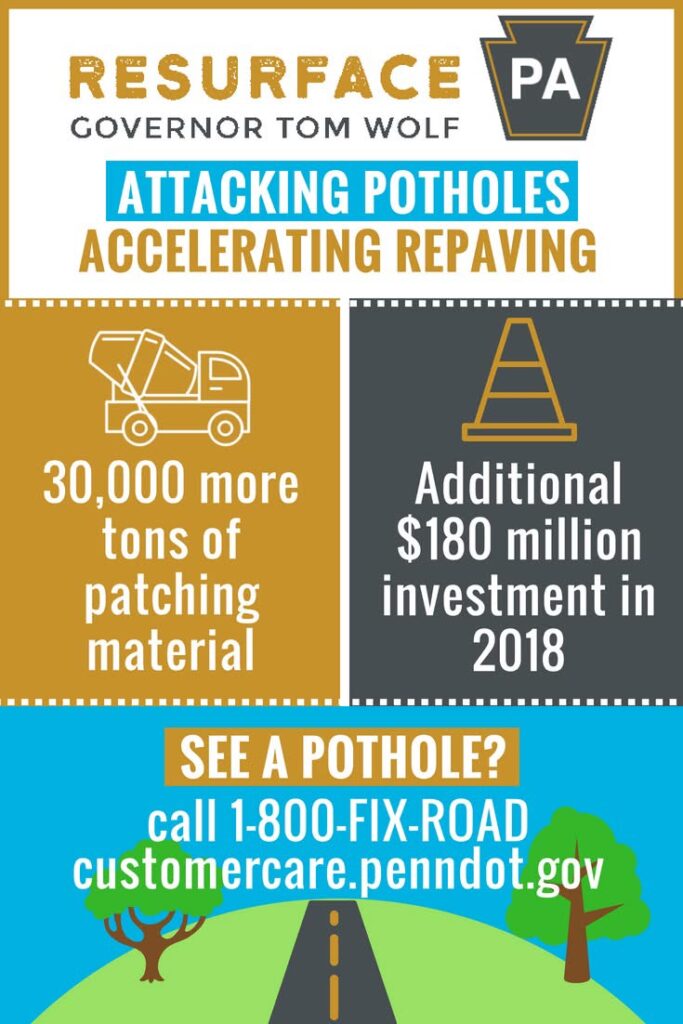
Hitting a pothole can cause a range of damage to your car, depending on the size and depth of the pothole, as well as your speed. Here’s a breakdown of the potential damage:
1. Tire Damage
- Blowouts: A sudden impact can cause a tire to rupture, leading to a blowout.
- Sidewall Damage: The sidewall of the tire can get punctured or cracked, which can lead to slow leaks or complete tire failure.
- Bald Spots or Bulges: If you hit a pothole hard, it can cause the tire to bulge or wear unevenly.
2. Wheel Damage
- Bent or Cracked Rims: If the impact is severe enough, it can bend or crack your wheel, which may make it unsafe to drive and require replacement.
- Cosmetic Damage: Scratches and scuff marks on your wheels can happen, even if the damage isn’t structural.
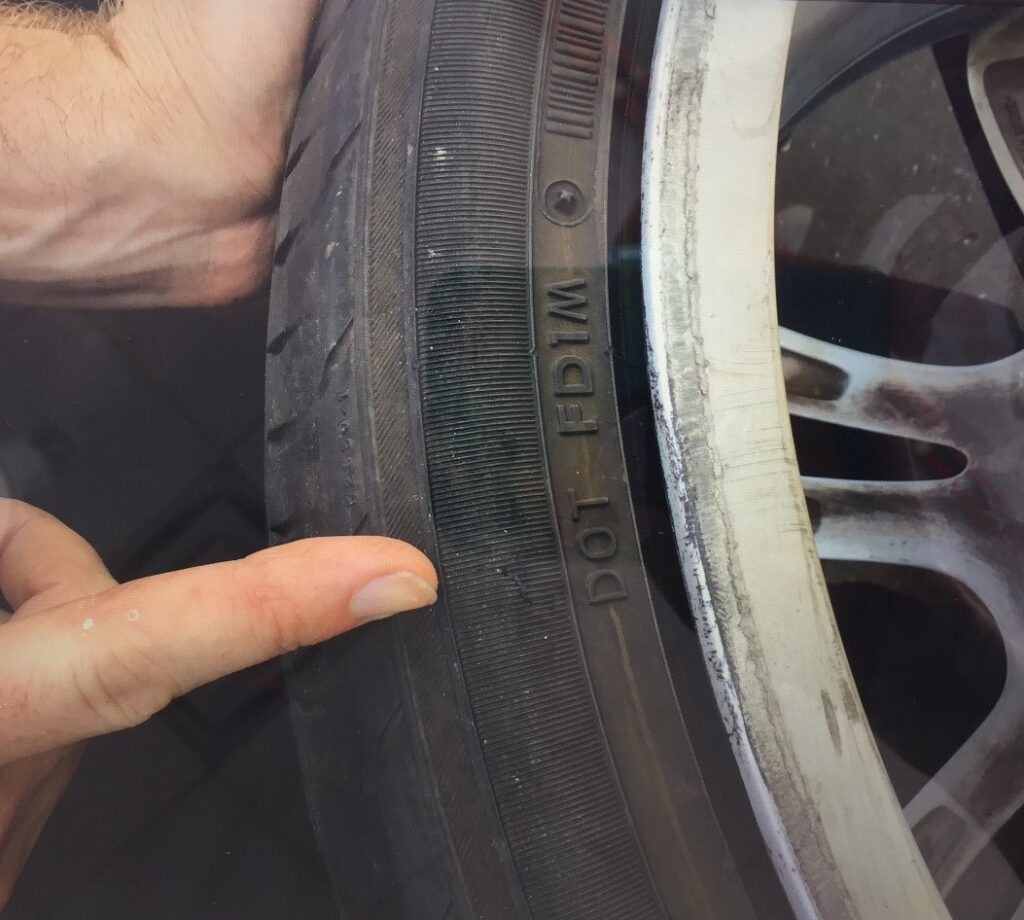
3. Suspension Issues
- Damaged Shocks/Struts: The suspension system is designed to absorb impacts, but a hard hit from a pothole can damage these components, affecting the ride quality and stability of the car.
- Broken Springs: A sudden jolt can break or damage the springs in your suspension, leading to a bouncy or unstable ride.
4. Alignment Problems
- Misaligned Wheels: If your car’s wheels are misaligned, you may notice the steering wheel pulls to one side, or the car doesn’t drive straight. Misalignment can cause uneven tire wear over time, leading to more expensive repairs.
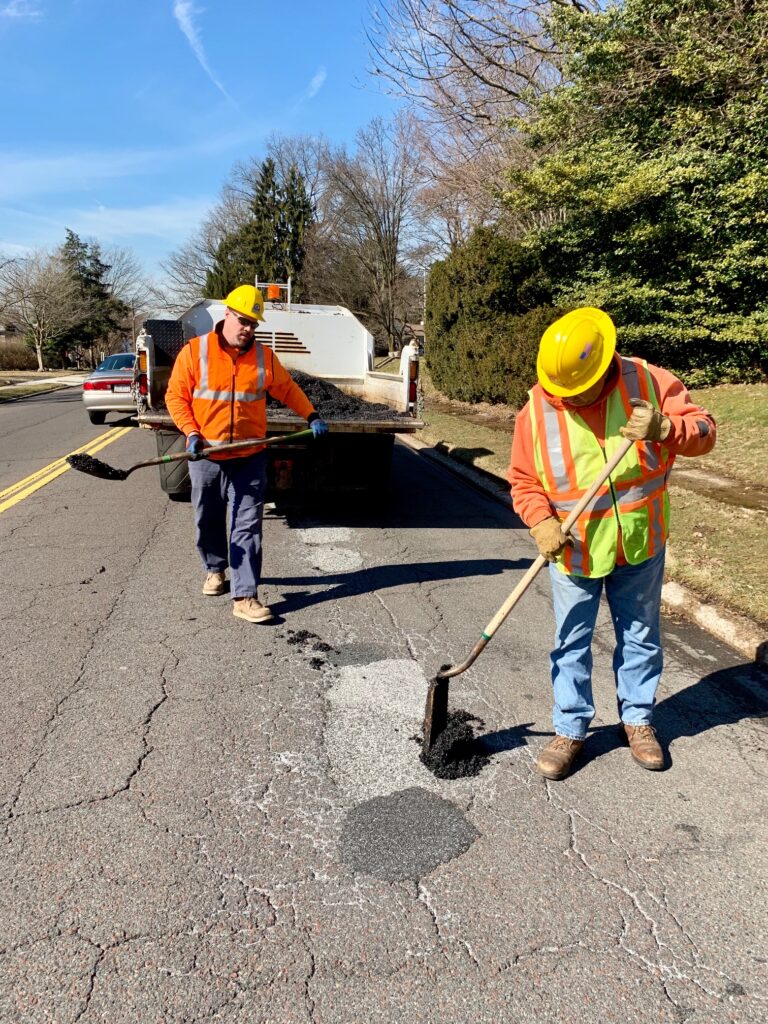
5. Steering Components
- Damaged Steering Linkage: A big pothole can affect the steering components, like the tie rods, which help you steer the car. This can cause your steering to feel loose or unresponsive.
6. Underbody Damage
- Exhaust System: The exhaust pipes can get dented or damaged if the undercarriage hits the pothole. This can cause noise, leaks, and even affect the car’s emissions.
- Oil Pan or Transmission Pan: A hard impact can crack these parts, leading to fluid leaks and possible engine or transmission damage.
- Fuel Lines: Potholes can damage fuel lines, leading to fuel leaks, which is dangerous.
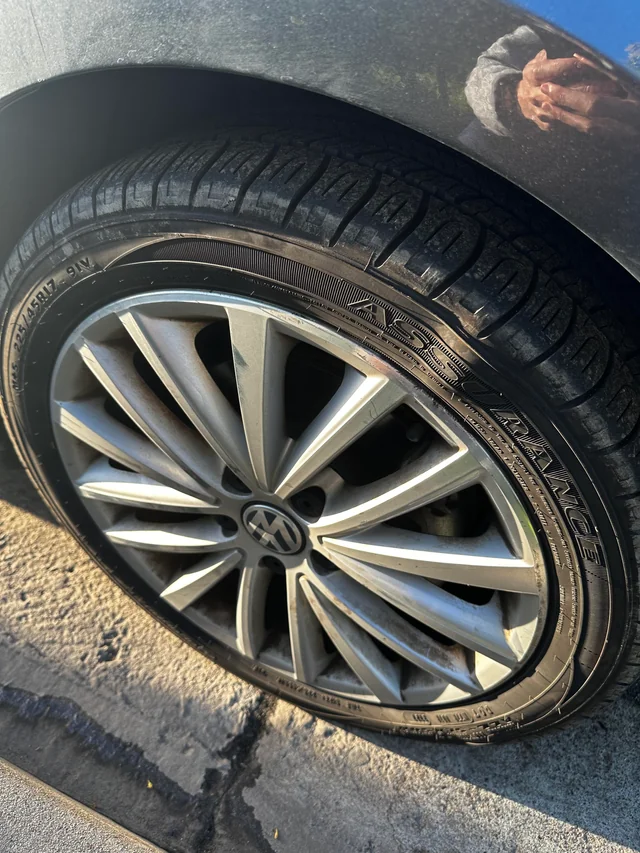
7. Brake System
- Warped Brake Rotors: If the car is jolted hard enough, it can affect the brake rotors, which may warp and cause uneven braking, vibrations, or longer stopping distances.
8. Increased Wear Over Time
- Even if there’s no immediate damage, repeated hits on potholes can accelerate wear on various parts of your vehicle, particularly the tires, suspension, and alignment.
Have you hit a pothole? Contact Doylestown Auto Repair at 267-279-9477 or visit our website at www.doylestownautoshop.com to schedule an appointment to have your car serviced!
